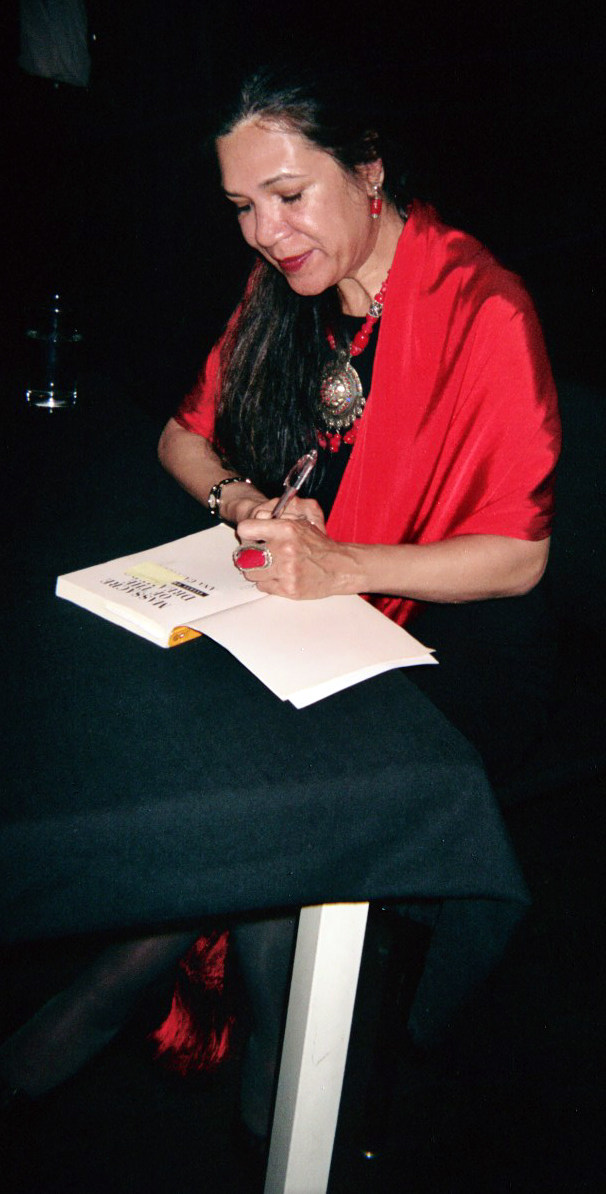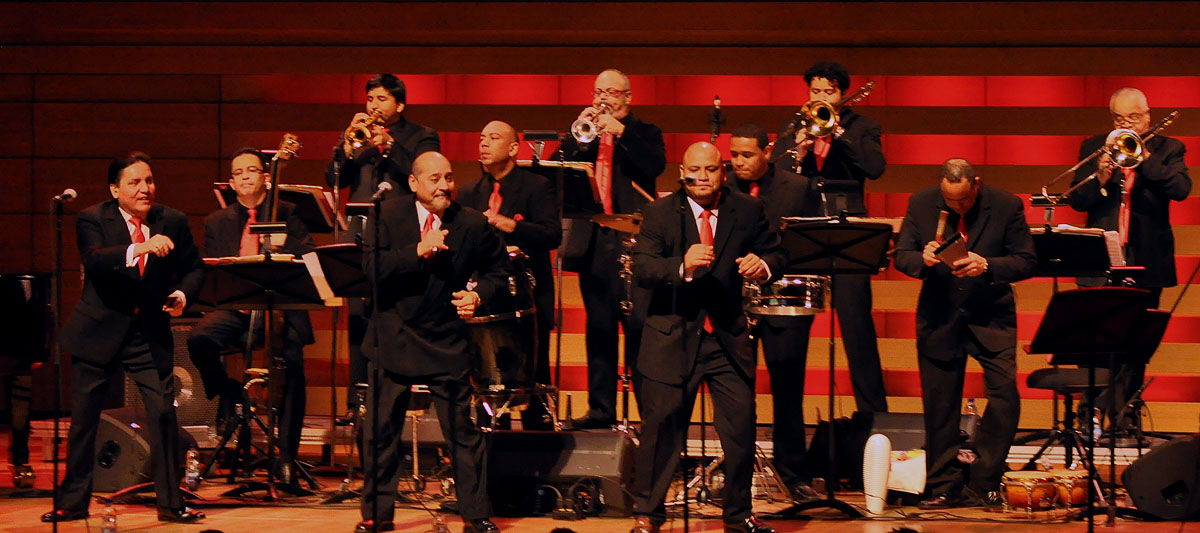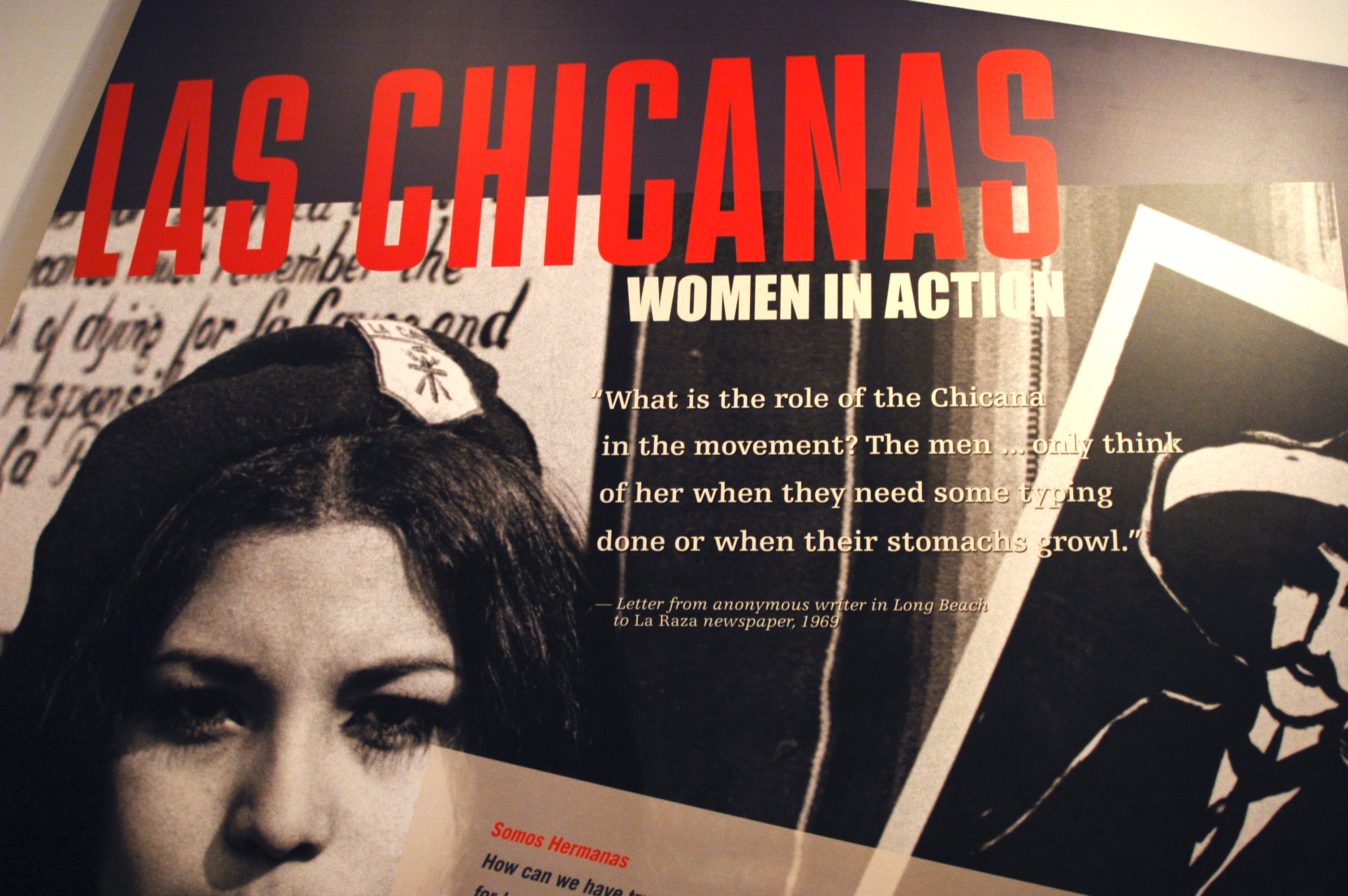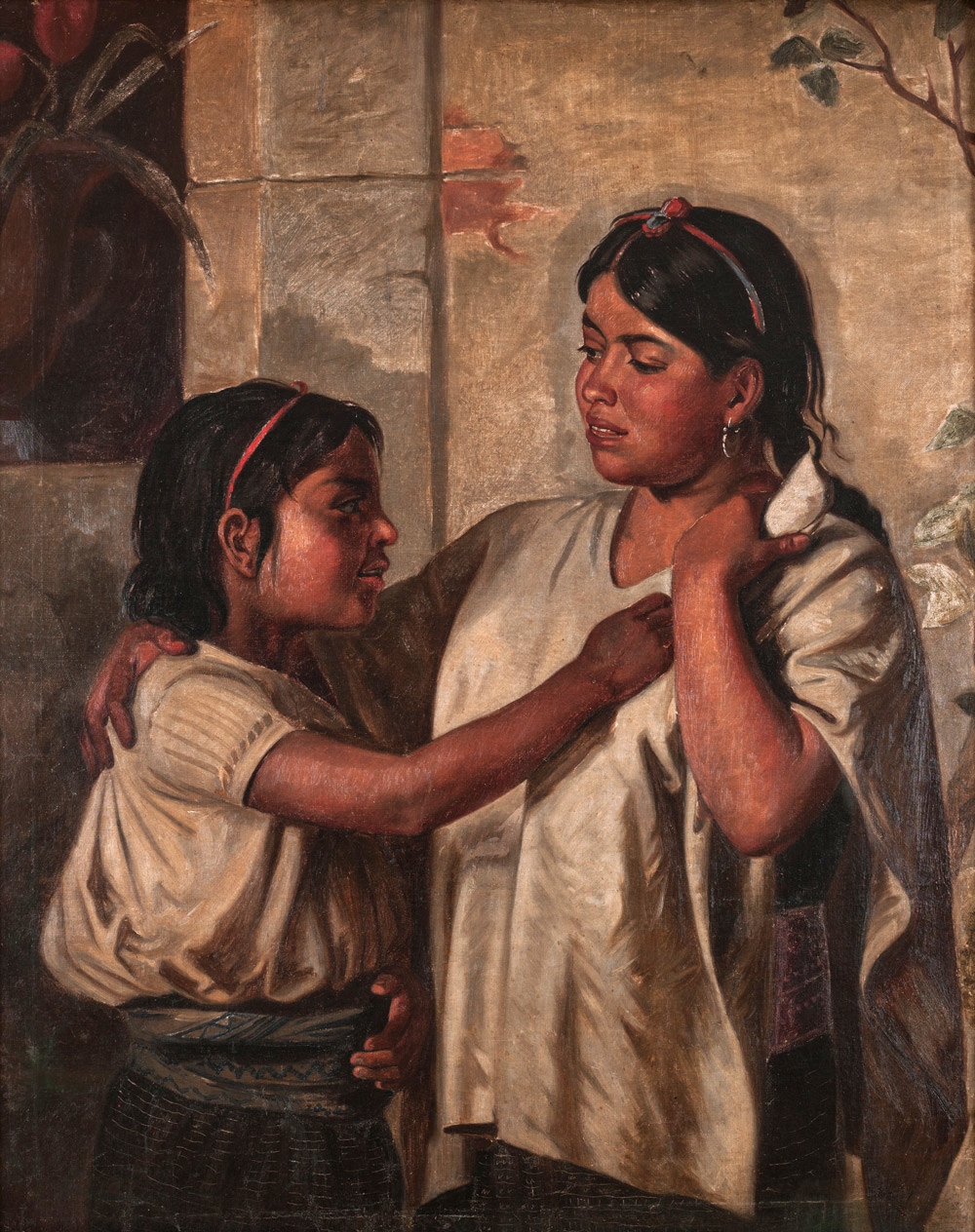|
Xicanx
''Xicanx'' ( , ) is an English-language gender-neutral neologism and identity referring to people of Mexican descent in the United States. The suffix replaces the ending of ''Chicano'' and ''Chicana'' that are typical of grammatical gender in Spanish. The term references a connection to Indigeneity, decolonial consciousness, inclusion of genders outside the Western gender binary imposed through colonialism, and transnationality. In contrast, most Latinos tend to define themselves in nationalist terms, such as by a Latin American country of origin (i.e. "Mexican-American"). ''Xicanx'' started to emerge in the 2010s and media outlets started using the term in 2016. Its emergence has been described as reflecting a shift within the Chicano Movement. The term has sometimes been used to encompass all related identifiers of ''Latino/a'', ''Latin@'', '' Latinx'', ''Chicano/a'', ''Chican@'', ''Latin American'', or ''Hispanic,'' and to replace what have been called colonizing a ... [...More Info...] [...Related Items...] OR: [Wikipedia] [Google] [Baidu] |
Chicano
Chicano (masculine form) or Chicana (feminine form) is an ethnic identity for Mexican Americans that emerged from the Chicano Movement. In the 1960s, ''Chicano'' was widely reclaimed among Hispanics in the building of a movement toward political empowerment, ethnic solidarity, and pride in being of Indigenous peoples of Mexico, Indigenous descent (with many Nahuatl language in the United States, using the Nahuatl language or Chicano names, names). ''Chicano'' was used in a sense separate from ''Mexican American'' identity. Youth in ''Barrioization, barrios'' rejected cultural assimilation into Mainstream culture, mainstream American culture and embraced their own identity and worldview as a form of empowerment and resistance. The community forged an independent political and cultural movement, sometimes working alongside the Black power movement. The Chicano Movement faltered by the mid-1970s as a result of external and internal pressures. It was under state surveillance, infi ... [...More Info...] [...Related Items...] OR: [Wikipedia] [Google] [Baidu] |
Latinx
''Latinx'' is an English neologism used to refer to people with Latin American cultural or ethnic identity in the United States. The term aims to be a gender-neutral alternative to ''Latino'' and ''Latina'' by replacing the masculine and feminine ending with the suffix. The plural for ''Latinx'' is ''Latinxs'' or ''Latinxes.'' The term was first seen online around 2004; it has since been used in social media by activists, students, and academics who seek to advocate for non-binary and genderqueer individuals. Related gender-neutral neologisms include '' Xicanx'' or ''Chicanx'' as a derivative of ''Chicano/ Chicana''. ''Latinx'' does not adhere to conventional grammatical gender rules in Spanish, is difficult to pronounce for Spanish speakers, and is criticized as showing disrespect towards the Spanish language as a whole. In Latin America, terms such as '' Latine'' ''and Latin@'' have been used to indicate gender-neutrality; however, the Royal Spanish Academy style guide d ... [...More Info...] [...Related Items...] OR: [Wikipedia] [Google] [Baidu] |
Hispanic And Latino Americans
Hispanic and Latino Americans are Americans who have a Spaniards, Spanish or Latin Americans, Latin American background, culture, or family origin. This demographic group includes all Americans who identify as Hispanic or Latino (demonym), Latino, regardless of Race and ethnicity in the United States census, race. According to the United States Census Bureau, U.S. Census Bureau, an estimated 65,219,145 Hispanics and Latinos were living in the United States in 2023, representing approximately 19.5% of the total Demographics of the United States, U.S. population that year, making them the Race and ethnicity in the United States, second-largest group after the Non-Hispanic whites, non-Hispanic White population. "Origin" can be viewed as the ancestry, nationality group, lineage or country of birth of the person or the person's parents or ancestors before their arrival in the United States of America. People who identify as Hispanic or Latino may be of any race, because similarly ... [...More Info...] [...Related Items...] OR: [Wikipedia] [Google] [Baidu] |
Chicana Feminism
Chicana feminism is a sociopolitical movement, theory, and praxis that scrutinizes the historical, cultural, spiritual, educational, and economic intersections impacting Chicanas and the Chicana/o community in the United States. Chicana feminism empowers women to challenge institutionalized social norms and regards anyone a feminist who fights for the end of women's oppression in the community. Chicana feminism encouraged women to reclaim their existence between and among the Chicano Movement and second-wave feminist movements from the 1960s to the 1970s. Chicana feminists recognized that empowering women would empower the Chicana/o community, yet routinely faced opposition. Critical developments in the field, including from Chicana lesbian feminists, expanded limited ideas of the Chicana beyond conventional understandings. Xicanisma formed as a significant intervention developed by Ana Castillo in 1994 to reinvigorate Chicana feminism and recognize a shift in consciousness th ... [...More Info...] [...Related Items...] OR: [Wikipedia] [Google] [Baidu] |
Mexican Americans
Mexican Americans are Americans of full or partial Mexican descent. In 2022, Mexican Americans comprised 11.2% of the US population and 58.9% of all Hispanic and Latino Americans. In 2019, 71% of Mexican Americans were born in the United States. Mexicans born outside the US make up 53% of the total population of foreign-born Hispanic Americans and 25% of the total foreign-born population. Chicano is a term used by some to describe the unique identity held by Mexican-Americans. The United States is home to the second-largest Mexican community in the world (24% of the entire Mexican-origin population of the world), behind only Mexico. Most Mexican Americans reside in the Southwest, with more than 60% of Mexican Americans living in the states of California and Texas. They have varying degrees of indigenous and European ancestry, with the latter being of mostly Spanish origins. Those of indigenous ancestry descend from one or more of the over 60 indigenous groups in Mexico ( ... [...More Info...] [...Related Items...] OR: [Wikipedia] [Google] [Baidu] |
English Language
English is a West Germanic language that developed in early medieval England and has since become a English as a lingua franca, global lingua franca. The namesake of the language is the Angles (tribe), Angles, one of the Germanic peoples that Anglo-Saxon settlement of Britain, migrated to Britain after its End of Roman rule in Britain, Roman occupiers left. English is the list of languages by total number of speakers, most spoken language in the world, primarily due to the global influences of the former British Empire (succeeded by the Commonwealth of Nations) and the United States. English is the list of languages by number of native speakers, third-most spoken native language, after Mandarin Chinese and Spanish language, Spanish; it is also the most widely learned second language in the world, with more second-language speakers than native speakers. English is either the official language or one of the official languages in list of countries and territories where English ... [...More Info...] [...Related Items...] OR: [Wikipedia] [Google] [Baidu] |
Central America
Central America is a subregion of North America. Its political boundaries are defined as bordering Mexico to the north, Colombia to the southeast, the Caribbean to the east, and the Pacific Ocean to the southwest. Central America is usually defined as consisting of seven countries: Belize, Costa Rica, El Salvador, Guatemala, Honduras, Nicaragua, and Panama. Within Central America is the Mesoamerican biodiversity hotspot, which extends from southern Mexico to southeastern Panama. Due to the presence of several active geologic faults and the Central America Volcanic Arc, there is a high amount of seismic activity in the region, such as volcanic eruptions and earthquakes, which has resulted in death, injury, and property damage. Most of Central America falls under the Isthmo-Colombian cultural area. Before the Spanish expedition of Christopher Columbus' voyages to the Americas, hundreds of indigenous peoples made their homes in the area. From the year 1502 onwards, Spain ... [...More Info...] [...Related Items...] OR: [Wikipedia] [Google] [Baidu] |
Spanish Colonization Of The Americas
The Spanish colonization of the Americas began in 1493 on the Caribbean island of Hispaniola (now Haiti and the Dominican Republic) after the initial 1492 voyage of Genoa, Genoese mariner Christopher Columbus under license from Queen Isabella I of Castile. These overseas territories of the Spanish Empire were under the jurisdiction of Crown of Castile until the last territory was lost in Spanish–American War, 1898. Spaniards saw the dense populations of indigenous peoples of the Americas, Indigenous peoples as an important economic resource and the territory claimed as potentially producing great wealth for individual Spaniards and the crown. Religion played an important role in the Spanish conquest and incorporation of indigenous peoples, bringing them into the Catholic Church peacefully or by force. The crown created civil and religious structures to administer the vast territory. Spanish men and women settled in greatest numbers where there were dense indigenous populations ... [...More Info...] [...Related Items...] OR: [Wikipedia] [Google] [Baidu] |
Ana Castillo
Ana Castillo (born June 15, 1953) is a Chicana novelist, poet, short story writer, essayist, editor, playwright, translator and independent scholar. Considered one of the leading voices in Chicana experience, Castillo is most known for her experimental style as a Latina novelist and for her intervention in Chicana feminism known as Chicana feminism#Xicanisma (1990s–Present), Xicanisma. Her works offer pungent and passionate socio-political comment that is based on established oral and literary traditions. Castillo's interest in race and gender issues can be traced throughout her writing career. Her novel ''Sapogonia'' was a 1990 ''The New York Times, New York Times'' Notable Book of the Year, and her text ''So Far from God'' was a 1993 ''New York Times'' Notable Book of the Year. She is the editor of ''La Tolteca'', an arts and literary magazine. Castillo held the first Sor Juana Inés de la Cruz Endowed Chair at DePaul University. She has attained a number of awards including ... [...More Info...] [...Related Items...] OR: [Wikipedia] [Google] [Baidu] |
Indigenous Peoples Of Mexico
Indigenous peoples of Mexico (), Native Mexicans () or Mexican Native Americans (), are those who are part of communities that trace their roots back to populations and communities that existed in what is now Mexico before the arrival of Europeans. The number of Indigenous Mexicans is defined through the second article of the Constitution of Mexico, Mexican Constitution. The Censo General de Población y Vivienda, Mexican census does not classify individuals by race, using the Culture, cultural-Ethnic group, ethnicity of Indigenous communities that preserve their Indigenous languages, traditions, beliefs, and cultures. As a result, the count of Indigenous peoples in Mexico does not include those of mixed Indigenous and European heritage who have not preserved their Indigenous cultural practices. Genetic studies have found that most Mexicans are of partial Indigenous heritage. According to the National Indigenous Institute (INI) and the National Institute of Indigenous Peoples (C ... [...More Info...] [...Related Items...] OR: [Wikipedia] [Google] [Baidu] |






